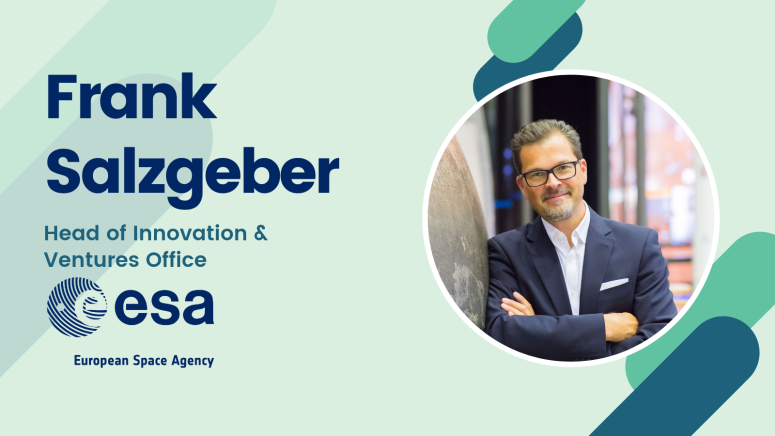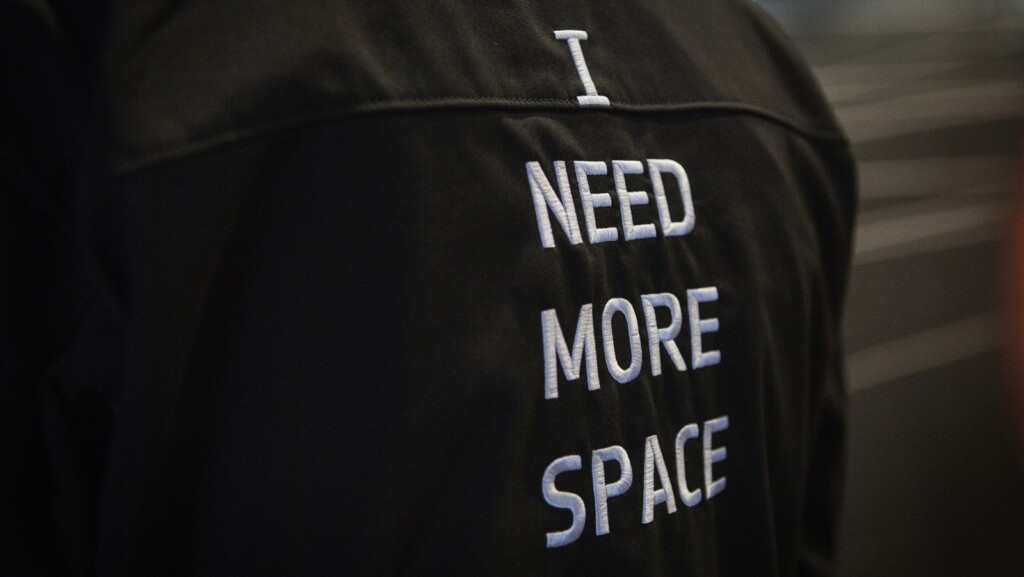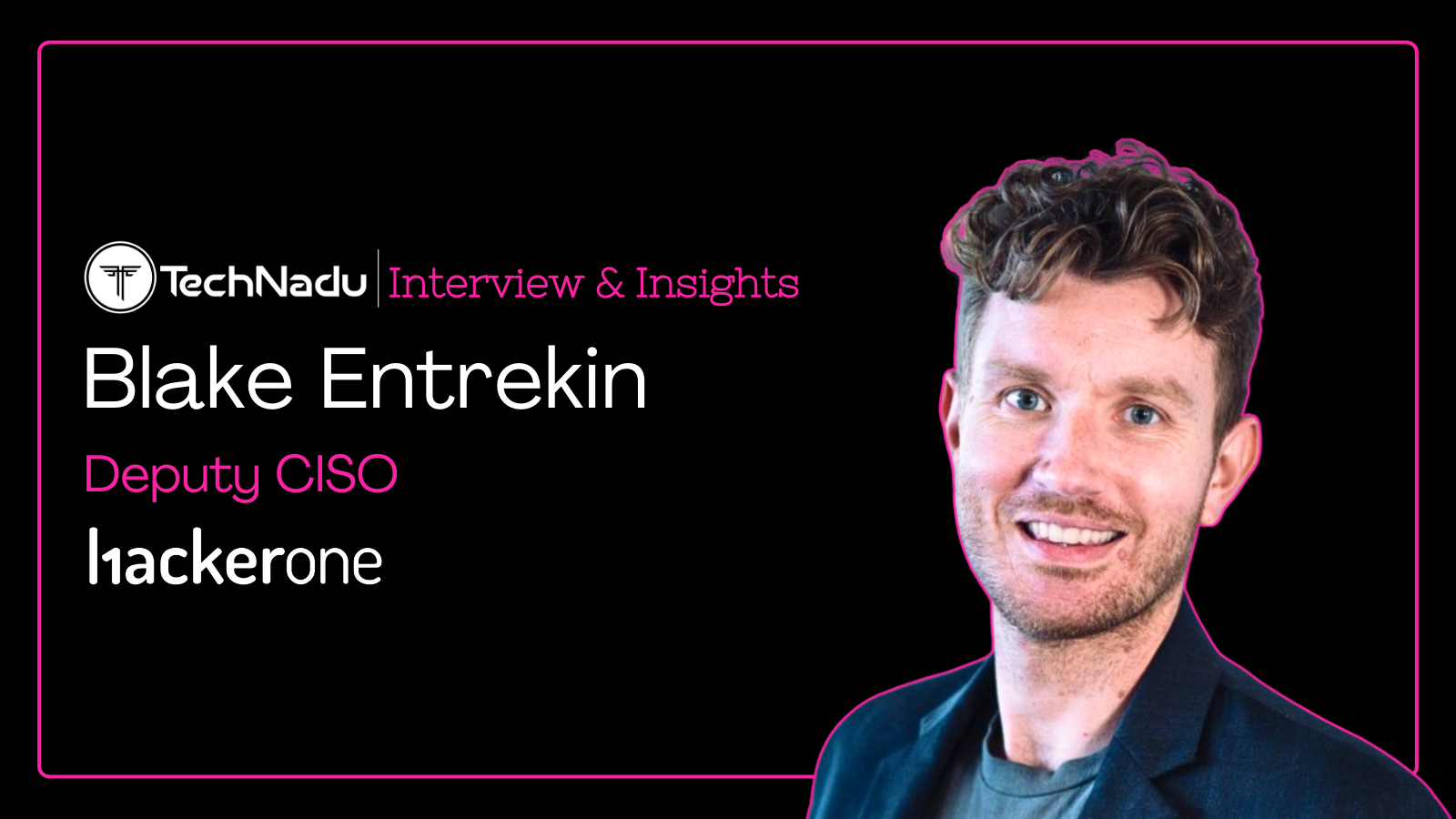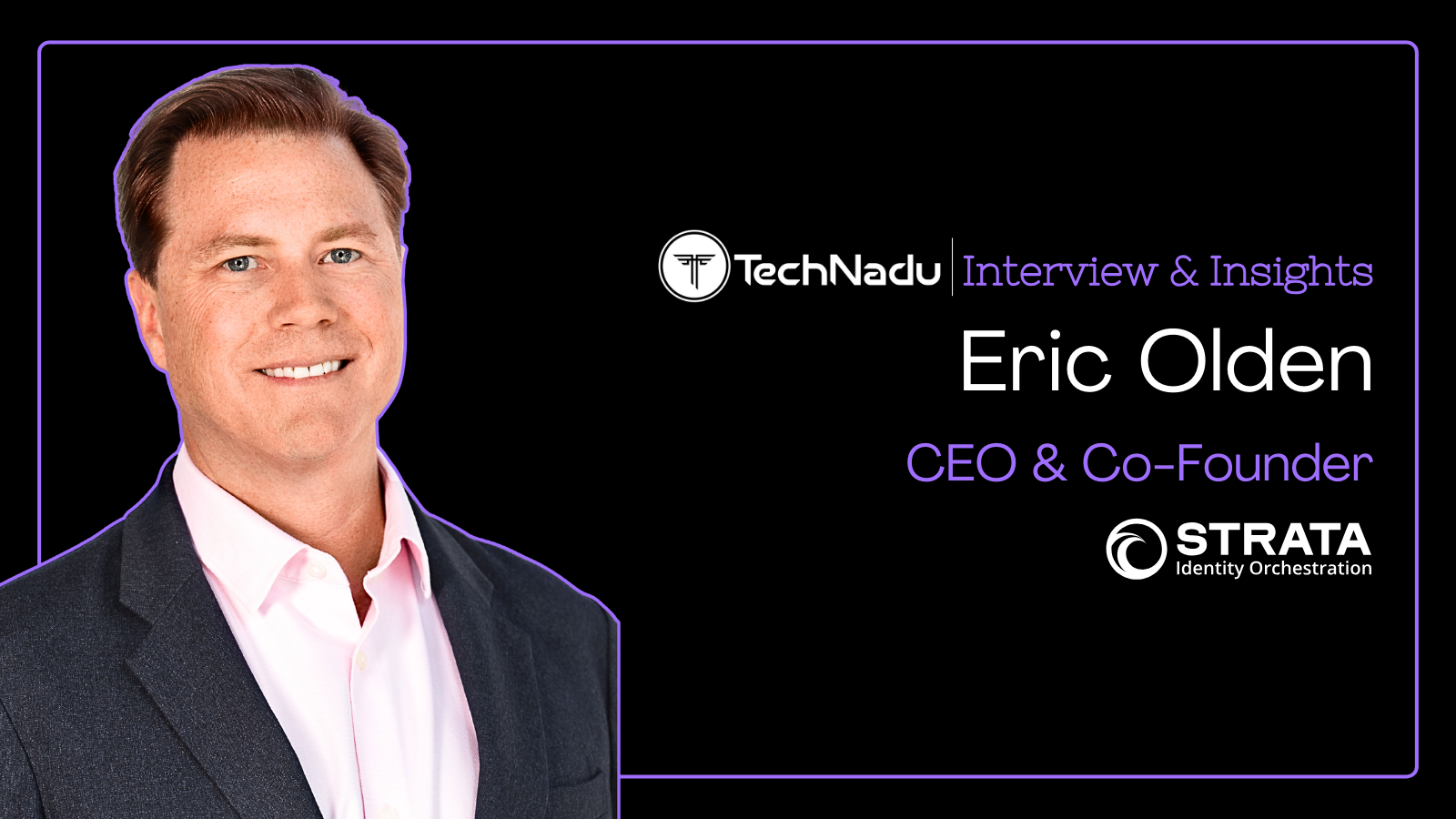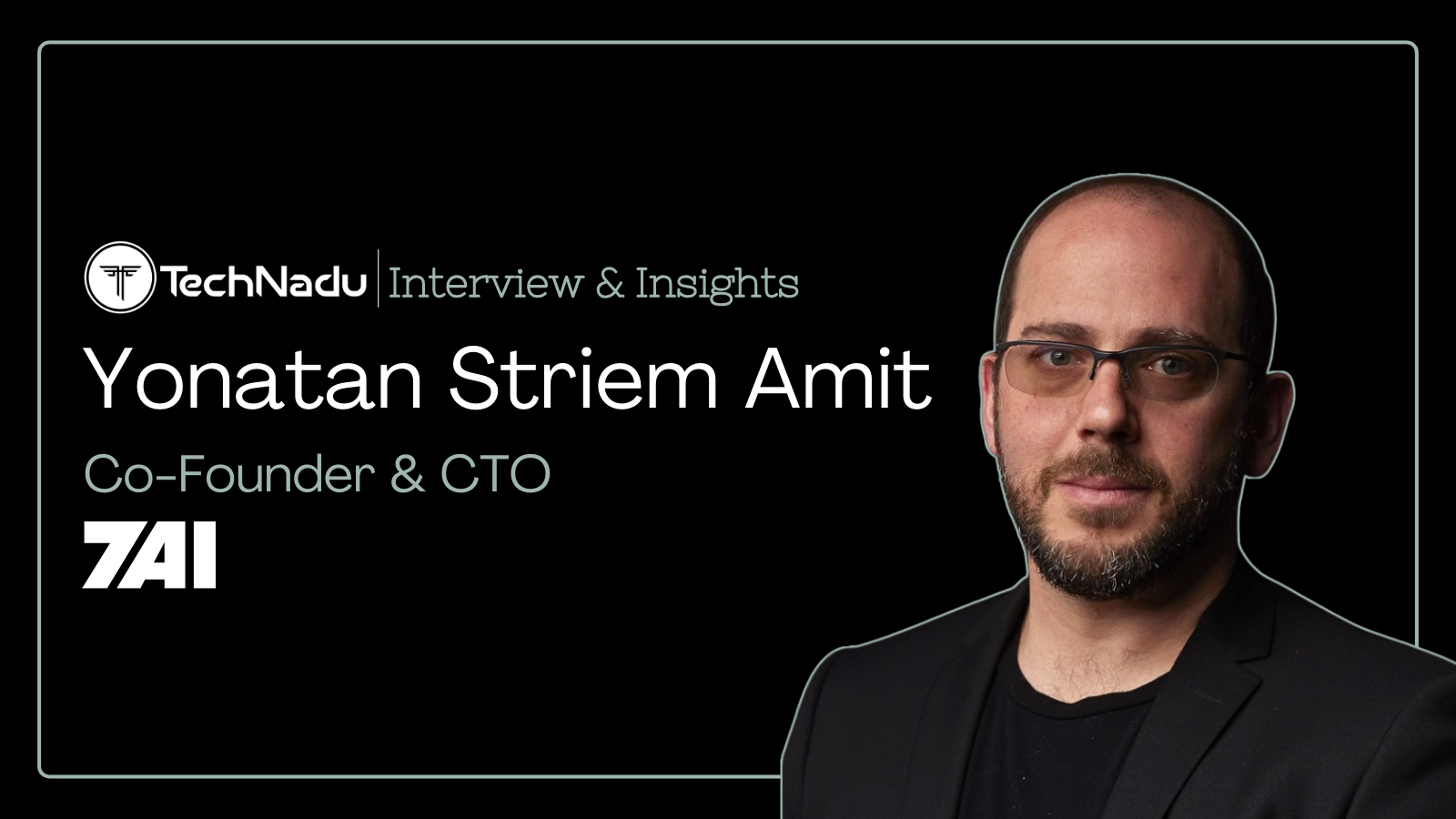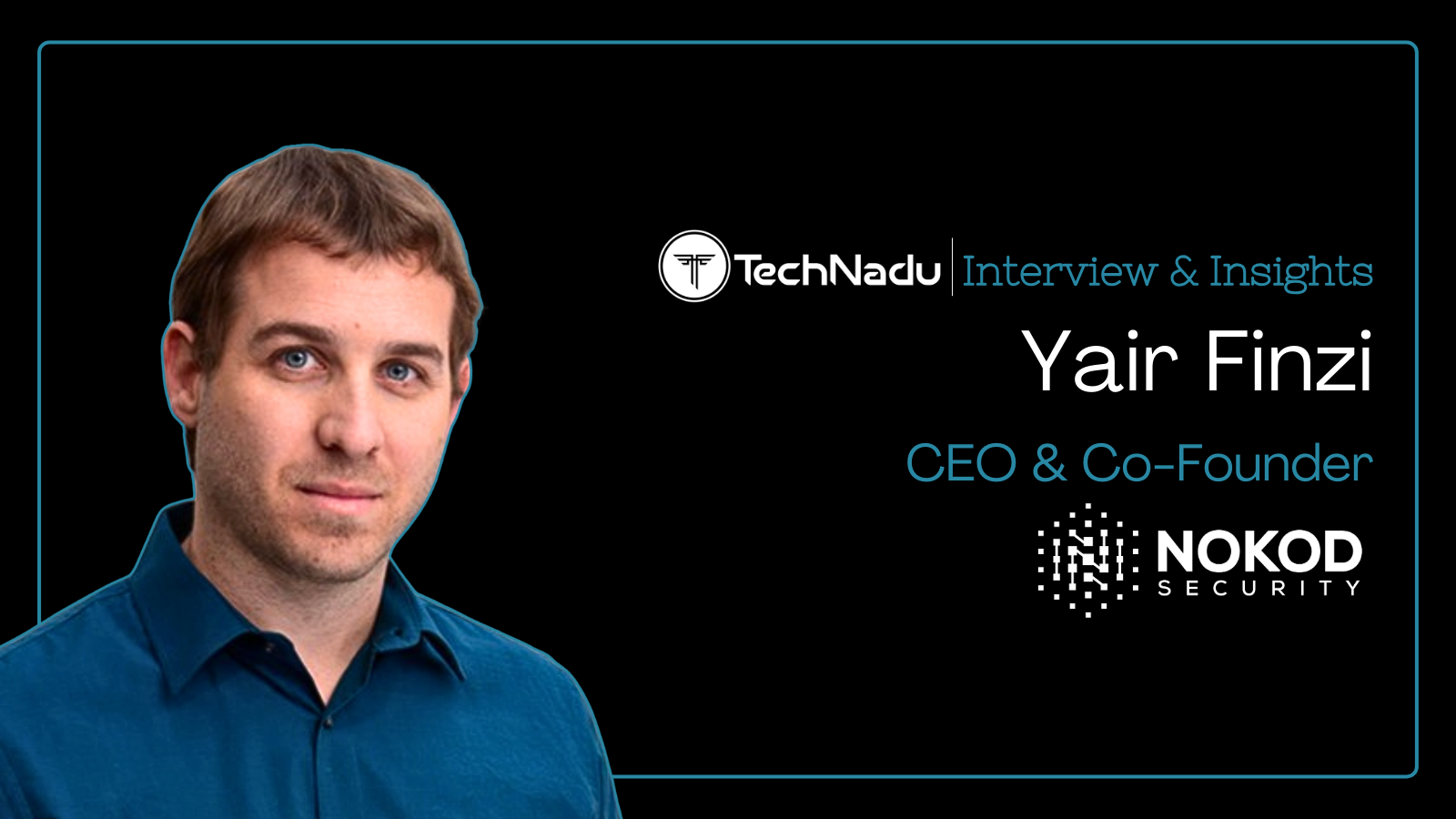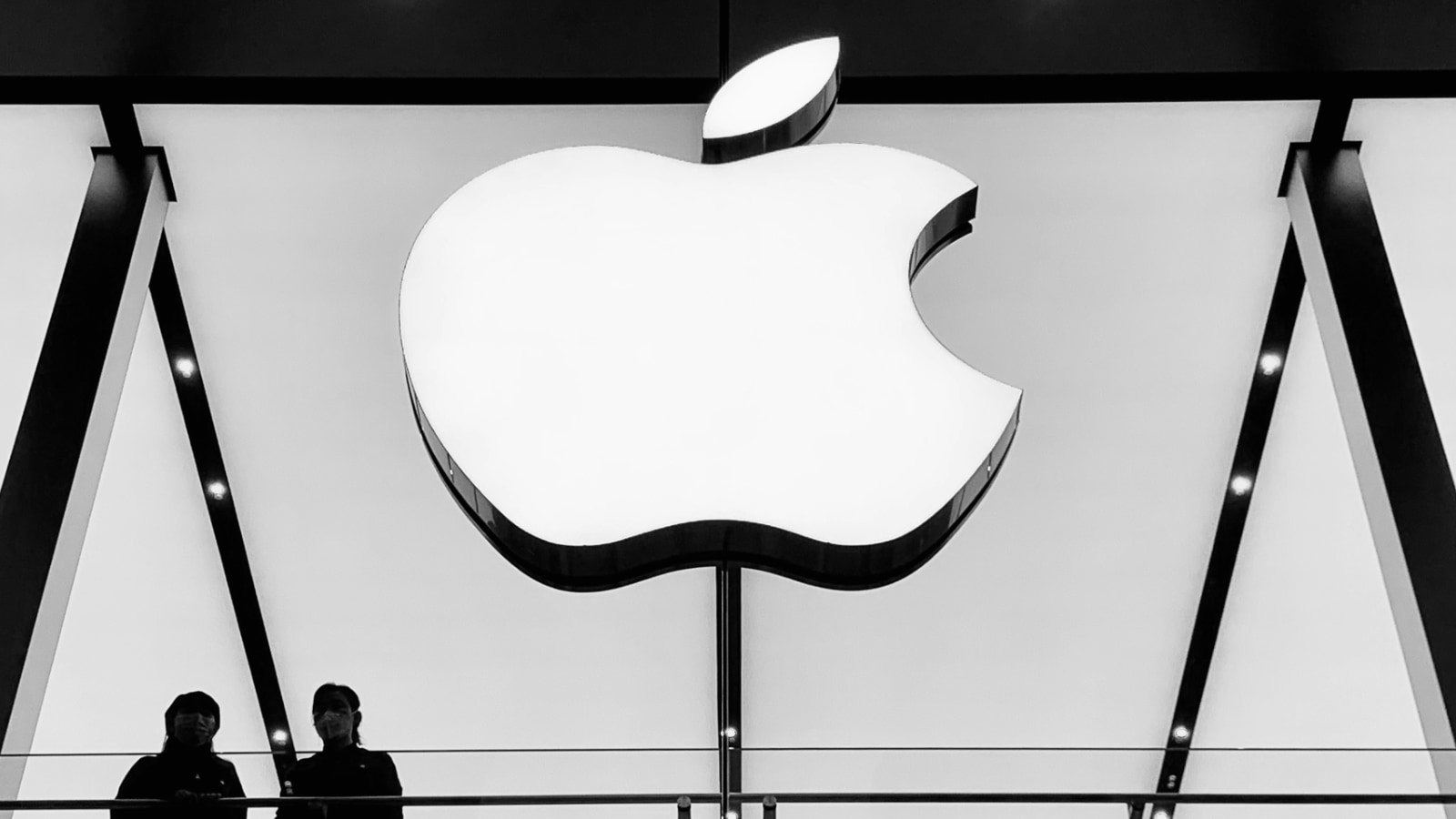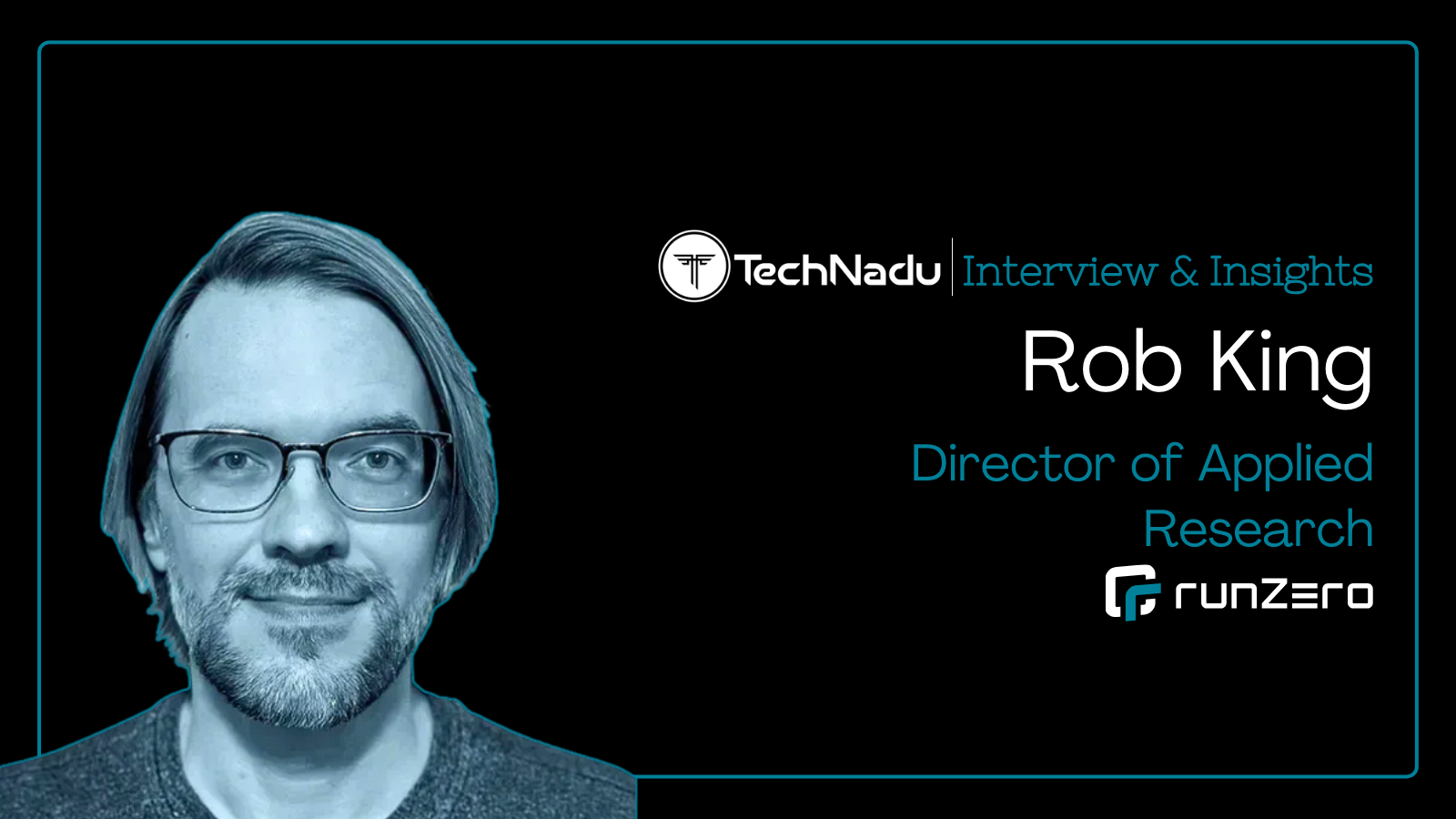
Frank M. Salzgeber, ESA: “Need More Space” Starts With Our Thinking
Over the years, numerous technologies that were grown for space found their way back to Earth, helping us navigate the streets, see better, communicate, and more. The European Space Agency doesn't just invest in such technologies on their own, but they also set up Business Incubation Centers across Europe, looking for new talent and pouring money back into the community.
Frank M. Salzgeber has been with the ESA for a long time and has been handling exactly this - finding great startups that could use a little bit of money, a little bit of guidance, and support in all forms. Officially, Salzgeber is ESA's Head of Innovation & Ventures Office.
We met Mr. Salzgeber during the Bucharest Tech Week which started on May 21st where he discussed why we "need more space," which is one of his favorite phrases. Here is our interview.
TechNadu: OK, so I let’s start by talking about a bit about space technologies. What do you believe are some of the best ways we have integrated space-made technologies into our daily lives.
Frank M. Salzgeber: I would always say the best-integrated technologies are when you don’t see that they're from space. Every day we're using technology which is enabled by space. We start with the navigation system in a car, where we have different systems which are all based on satellite, and it’s the difference of timing [measured] and out of the difference of timing, it calculates your location. Einstein figured out how to compensate the speeds. But the future will be with Galileo. I think in every phone you use navigation and Google Maps or other maps every day.
The second, of course, it’s the weather forecast, which is useful when you go on vacation or what do you do at the weekend. Also, this is space observation data. It is also used for agriculture, for insurance in the construction industry, for banks, for real estate. So space has become, over the past 10 years, the backbone of the digital economy.
And the last one, of course, is telecommunications. Your satellite TV is coming via satellite. So every dish you have on the roof is space technology, originally started from space, and we don’t see that. These are typically services which are provided by space without seeing it. Of course, you have a lot of other small technologies - the airbag and others. If we discuss the surgery of the eyes and laser, the technology that is adapting the laser to the speed of the eyes was originally invented by space [technology]. There are a lot of things.
TechNadu: Where do you think we will go next? What cool technologies are you hoping to see implemented?
Frank M. Salzgeber: One of the advantages covered in the presentation [during Bucharest Tech Week] is that in space when we have a problem, we have to solve it, and we have to see all the possibilities.
When we say if we go to Mars, we have to think about going even more lightweight, but also about technologies like exoskeletons designed for offices - you put the arm into an exoskeleton, and you see something with 3-D glasses, but it’s really kilometers away.
We’re working on artificial muscles. So, in 20 years when I’m old and wise, maybe I will go to the garden, go into a suit, press a button and there’s a stone of 50 kilos, and I will move it as Obelix did. But this is interesting for the aging population. Astronauts also lose a lot of bone muscle. We have problems which we have to solve, and I think bringing back these technologies to Earth is very interesting. I think artificial intelligence is also something great, but I think the medical part is much cooler - you know, artificial muscles exoskeleton.
TechNadu: I think the exoskeletons were already being tested and produced by DARPA.
Frank M. Salzgeber: That’s true. But I would say really that it’s not a skeleton anymore. My dream is rather a suit which doesn’t look like an exoskeleton, with the artificial muscles acting like a textile.
TechNadu: Then it looks like Superman, but you don’t know it.
Frank M. Salzgeber: Yes, it looks like Superman. So you get Superman out off the shelf, they only want to know which size you have and which color you like. I think, for the aging population, the medical applications are my favorite because they really bring return direct to the people and solve a very human issue.
TechNadu: Your day to day workload is deeply involved in helping startups, helping launch them, and develop. What are some of the most notable startups that have left your incubators so far?
Frank M. Salzgeber: We have a lot of great ones. Let’s take some examples - one is a company that’s doing laser communication, Mynaric. They had an IPO and they went into the stock exchange last year. There will be more and more data traffic [coming from space] and this will be done not in another frequency or radio frequency, but by laser communication. I think that is very interesting.
Lillium aviation is another - they make this electrical flying taxi, and you will not buy it, but you use it as a service. There’s a UK company making X-ray devices, but they make it so small that you can bring the device to the patient and not take the patient to the big device anymore, so that is very nice.
To be honest, we have so many that I really lost track. And this is also our job; our job is not having a share in this company. We’re looking for the crazy ones and we are the nice uncle with a little bit of money in the pocket and the right address book. We want that when our nephews are growing if we do it right, they will call maybe on Christmas and on birthdays and maybe send an Easter card or whatever. I think our job is to make the maximum out of the investment. I’m the head of the "Recycling office," so my job is to recycle the innovation and bring it back by helping “kids,” “nephews.” I think that that’s really a fun job.
TechNadu: You mentioned earlier, when we were chatting before our interview, that you had the intention to open a Business Incubator here in Romania. Tell us more.
Frank M. Salzgeber: Yes. We have about 20 Incubation Centres in 50 locations. Some of the member states like Poland, Luxembourg, Romania, and Greece, and Denmark - have no incubation center yet. We’re working with ROSA, which is the Romanian Space Agency, at the moment.
We’re looking for partners, so I’m happy to take everybody on board. This is something I like saying - “success has more than one mother and more than one father.” We’re looking to support 10 startup companies, space-related, upstream - going into space, like building satellites, - or downstream like using data from space technology - it doesn’t matter.
I think you have excellent Universities, you have entrepreneurialism people. Our job is really to help them, to give them a little bit of money, help them with their technology, and help them with sheltering needs - office, business coaching - but also to give them the worldwide access ESA has and its partners. In France, it’s the French Space Agency and in Germany is the German Aerospace Centre.
This center will be just part of a bigger family. Our job is really to bring something back and grow crazy ideas. We like crazy ideas which are hard to implement, rather than just a phone app which is something we really do not support; but everything which goes a little bit further - we will also take the risk. So everybody who is keen to participate, to join, and make that happen and also to put the flag of space in Europe with the Romanian stamp is really deeply invited.
TechNadu: I know that you are helping these startups for two years and even beyond that. What exactly are the terms?
Frank M. Salzgeber: We have idea competitions which we support. One thing I learned is that you don’t have to do everything by yourself; sometimes it’s better to partner. If you need bread, you don’t build a bakery, you go to the baker. When you need a glass of milk, you don’t buy a cow, you go to a farmer. A lot of technology people like to do things themselves, but we only have to take care there’s a good handshake between one stage and the next. The first stage is empowering people, which pushes them to come up with ideas. Then you have to make a case out of the concept, and out of the case, a startup company.
This is where we focus at the moment. We do that for two years, but after these two years, they're like your kids or your nephews. They're not banned from the family. So we continue to support them with projects, with networks, with big events, until they are self-standing. And so, therefore, we have still contacts with companies which are incubated alumnae from eight years ago. And some of the companies sold their business and came back as business angels. Then we have done all right. So our thing is really thinking holistic - it takes what it takes. A hardware technology company, especially, will sometimes take seven years until it is successful. We stay in contact, help them with investor contacts, customer contacts. So even after two years, we continue to support them.
TechNadu: What exactly is something that you are looking for when picking which startups to include in these incubators?
Frank M. Salzgeber: I think that’s a very good question. And normally we have a board of different people. Everybody who is putting a share in terms of money should get to vote, we believe. We also believe that a board of three or four people is much more clever than one person, especially when you come from different angles. How we evaluate the companies is also no miracles, and it’s public. We look first to the team, then we look to the business case, the business model, and then we look to the technology. Because we learned that 50% of the companies have to change the business model and only a good management team is capable of doing that.
So we check to see if the team believes in it. Is the team complementary? If you have only three or four main engineers, it’s nice, but maybe their knowledge is more on islands. I think complementary teams could be gender complemented. The best party is the mixed pickles party - when you know 10 people and 50 you don’t - because then you find out something you didn’t know. And so, therefore, I think it is good to have interdisciplinary teams, a different gender, a different region. It’s awesome that nature likes that, you know. Nature does not like monocultures as they are not as effective. So the team is very important for us, and also we say that they have to complement the management team.
via Frank Salzgeber
TechNadu: Well, your coined phrase is “We need more space.” So, while I couldn’t agree, do go into more detail about this.
Frank M. Salzgeber: There are two parts to it. Of course, I think you can use much more space technology because it’s there, it’s paid for, and it’s much easier to use existing technology rather than innovate something new or invent something new. Innovation doesn’t mean that you have to do new things. Take a lot of products based on existing technologies, but have a different composition, and then you may make the innovation out of it. Apple was a master in that. And therefore, obviously, we need more space.
This is the ideology in our mind. We have to be much more open and look more left and right. “Need more space” starts with our thinking. If we’re thinking too one-dimensional, we will never find the solution. Sometimes, therefore, the specialists are thinking too narrow. We go back to the team, but if you have a team with people who are not the experts that's good because a lot of innovation was done by non-experts. The invention of the laser and a lot of technology innovation is done really by people who were open, and they had their space in their minds to do new things.
TechNadu: You also talked a bit about AI. Nowadays it’s implemented in so many fields of technology. Many, including Elon Musk, fear the day that singularity will happen. How do you feel about that?
Frank M. Salzgeber: In general, we have to see what is deep learning and what is AI. So there, I think, is where we are mixing it. AI - already your calculator has more knowledge about calculating numbers, your iPhone is better in finding the way. It will take some years until a machine will have the same capability as a human. The problem is that it will continue and it will become clever, but this is, I think, with all technologies.
It’s the same discussion about robotics. Every 10 years, robots will take our labor away, robotic will do this, this, this, this. With all the technology - you can use it for good, and you can use it for bad. It’s the same as a knife. With a knife, you can cut fruits, and sausage, and meat, but it can also kill people. So it’s what we do out of it.
It’s like this with all technology. With a car, we can do the transportation, but we have also seen things which were very, very tragic that the car dumps into people. Therefore, I would say this is always about the technology, but technology per se is not bad, it’s what humans make out of it.
When society stops, it exploring stops progressing. Exploring means also doing new things. As long as we watch it [AI] properly, I don’t see the issue. But we have to look often. It’s the human which makes technology bad, it’s not the technology itself.
TechNadu: During your presentation, you also talked about the data that's being collected nowadays with the help of satellites. But we also see a lot of data collection, albeit differently, being done by many tech companies. Obviously, this can be a privacy issue in a sense.
Frank M. Salzgeber: It’s true, but I think the younger generation is more open with their privacy that the data protection laws allow, and this is a very good example when you’re looking for data. I think when we have a higher return of our crops when we see that people are having oil spills in the ocean if people are doing illegal fishing - these are all positive things [that we can collect data about this]. In the end, I think in Europe the data protection is pretty, pretty good. And, dare we say, we accept giving up more of our privacy to Google. It’s up to everybody to be engaged or not.
But the data protection we have in Europe, I think is pretty good. That’s a reason I would not like to live in the US or in China because I think Europe is still a great place in terms of freedom and open speech. I think in the next 20, 40, 50 years people will come to Europe for that. That allows the individual development, and I think this is the base of creativity because if you are told to think in one direction, you will not be innovative. That was normal, in the past, the advantage of the US because they were the crazy ones, which was like a magnet. And I think if we are clever in Europe, we can do the same if we have an open society.
As I said, with data collection, you can do something negative. But I think “isn’t it great when my cell phone says “Frank, your Deep Learning has told me that the chances that you have a heart attack tomorrow are 80 percent, so you better see the doctor today.” I think that that’s something positive. Again, it’s what you make out of it.
TechNadu: Since we live in the digital era, have we come to redefine the notion of privacy since it is much different than it was 10 years ago? Now we pay with our data instead of money.
Frank M. Salzgeber: I think companies will be coming in to say, “OK, we read this [data]. We call that business. You can pay with your data, but it’s your data, and we are giving you a share.” So if companies will be coming up and saying “OK, if you’re willing to give us your data, you’ll get 50% of the revenues,” that is just fair. So then I say it’s my decision if I give the data or not. And this will come up, and then the business of Google will look totally different.
TechNadu: I don’t know if we’ll ever reach that point with Google because they’ve become accustomed to eating all this data with little constrictions.
Frank M. Salzgeber: If you get $300 per year, for example by sharing the data or you get a free phone...
TechNadu: Well, that’s an exchange. You feel like you’re getting something out of it.
Frank M. Salzgeber: At the moment you get a service in return. Maybe if I were a telephone company, that would be a disruption, that would be innovative. Is that OK? You get a free phone, but we are allowed to sell your data.
TechNadu: You feel like there is something in it for you. I think that since the Internet we’ve become accustomed to getting things for free, in a sense.
Frank M. Salzgeber: Yes. But is it’s never for free, you pay for it indirectly.
TechNadu: Yes, but you don’t feel like it since you don’t pay real money.
Frank M. Salzgeber: I think that you only have to find somebody who is coming up with a new business model. And then the old is disrupted too.
So, what do you think about what Frank Salzgeber said? Do you agree? Let us know by dropping a comment in the section below the article. Share the interview online so others can read it too and follow TechNadu on Facebook or Twitter for more tech news, guides, reviews, and interviews.

